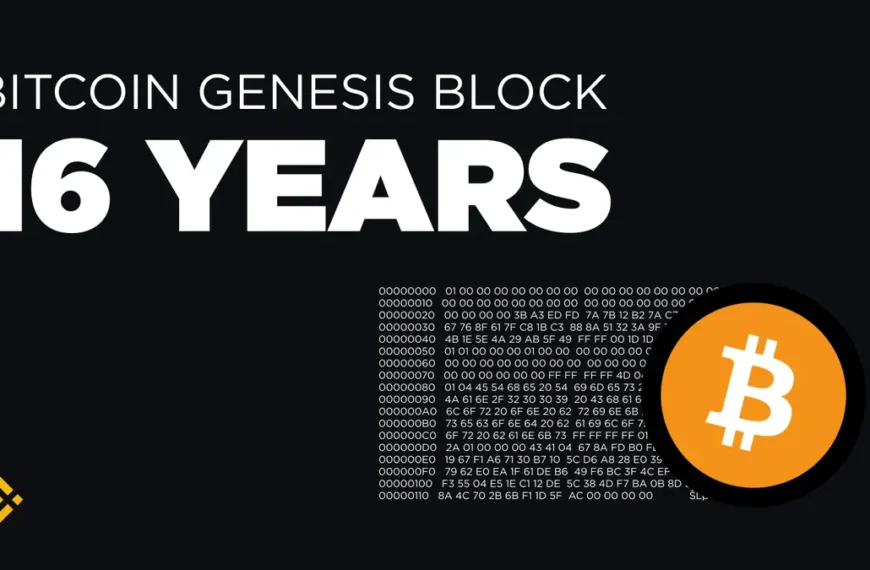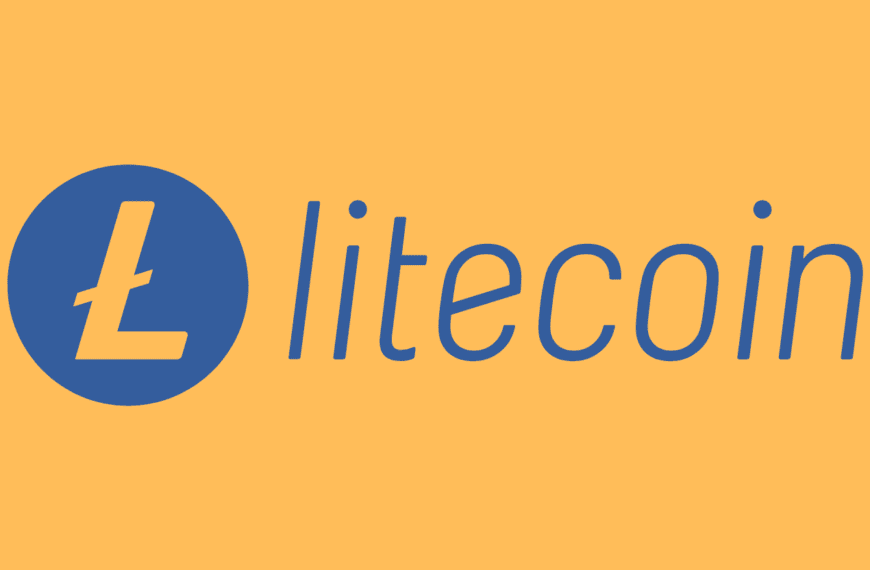Syria Considers Legalizing Bitcoin for Economic Recovery
The Syrian Center for Economic Research has put forward an ambitious proposal encouraging the transitional government to adopt Bitcoin and other digital currencies. The goal is to combat inflation, stabilize the economy, and attract international investments as Syria works to rebuild after years of war and financial ruin.
The plan emphasizes using Bitcoin as a vital tool to support Syria’s struggling citizens and its collapsing financial system. It proposes creating a regulatory framework to legitimize Bitcoin for trading, mining, and other financial transactions.
Syria’s Bold Economic Plan: Legalizing Bitcoin and Digitizing the Syrian Pound

Syria is planning to take bold steps to stabilize its economy. In addition to legalizing Bitcoin, the country aims to introduce a digital version of the Syrian pound, backed by gold, U.S. dollars, and even Bitcoin itself. This move is designed to provide stability for the struggling currency and rebuild trust in the financial system.
The proposal outlines a transformation of Syria’s financial sector, where inflation and devaluation have eroded confidence in traditional banking. Under the plan, the central bank would oversee the rollout, ensuring a secure and transparent framework.
A major focus is on leveraging Syria’s untapped energy resources for Bitcoin mining. Entrepreneurs will be allowed to mine Bitcoin, but with strict oversight to prevent monopolies and manage the environmental and social impacts of mining.
Financial institutions will also play a key role. Banks, startups, and currency exchanges will be encouraged to adopt Bitcoin, making it easier for millions of Syrians to receive remittances from abroad and helping businesses recover from years of turmoil.
The proposal emphasizes the importance of privacy and security, promising citizens full control of their digital assets and the freedom to transact without interference, all while complying with local and international regulations.
Even before these reforms, cryptocurrency has gained popularity in Syria, though not always for positive reasons. Groups like Hay’at Tahrir al-Sham (HTS), a major opposition force, have used Bitcoin to fund their operations. HTS, once linked to al-Qaida, has a controversial history of raising money through crypto donations despite international sanctions.
Its leader, Abu Muhammad al-Jolani, has tried to distance HTS from its al-Qaida roots and rebrand it as a legitimate political group, but skepticism remains high.
The Syrian Center for Economic Research proposes #Bitcoin legalization to rebuild Syria’s economy. pic.twitter.com/fOOzvlfsFA
— TFTC (@TFTC21) December 31, 2024
Syria’s Financial Overhaul: Challenges and Geopolitical Obstacles in Adopting Bitcoin
Syria’s plans for a financial overhaul face significant challenges, starting with international sanctions. These restrictions have isolated the country from the global financial system for years, and adopting Bitcoin could invite even more scrutiny. However, some experts suggest that this might be part of the strategy.
Bitcoin’s decentralized nature offers a way to bypass traditional banking systems, similar to how countries like Iran and North Korea operate. Adding to the complexity, Syria is burdened with significant debt left by the Assad regime, complicating efforts for meaningful financial reform.
Another major hurdle is the lack of infrastructure to support a digital economy. Essential components like cybersecurity, blockchain expertise, and reliable internet access are still underdeveloped.
Geopolitical factors further complicate the picture. Syria has long been a battleground for global powers, with Russia and Iran playing key roles in supporting the Assad regime. Both countries have robust crypto economies, but their involvement in Syria’s economic recovery remains uncertain.
Also Read: BlackRock Bitcoin ETF Celebrated as Greatest Launch in ETF History
At the same time, neighboring countries like Türkiye and Lebanon, which are also grappling with economic crises, have turned to cryptocurrency as part of their recovery strategies. This creates potential for regional partnerships—or new rivalries—as they navigate their financial futures.
Disclaimer: The content provided here is for educational purposes only and is intended to raise awareness about cryptocurrency and blockchain technology. It should not be considered as financial or investment advice. Before investing in any cryptocurrency or token, we strongly encourage you to conduct thorough research, understand the associated risks, and make informed decisions (DYOR – Do Your Own Research). For detailed guidance, consult a qualified financial advisor.














